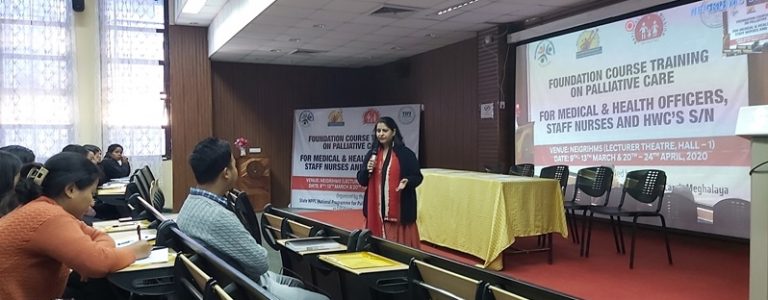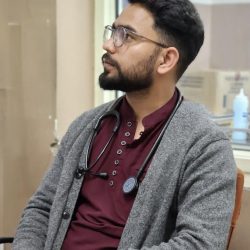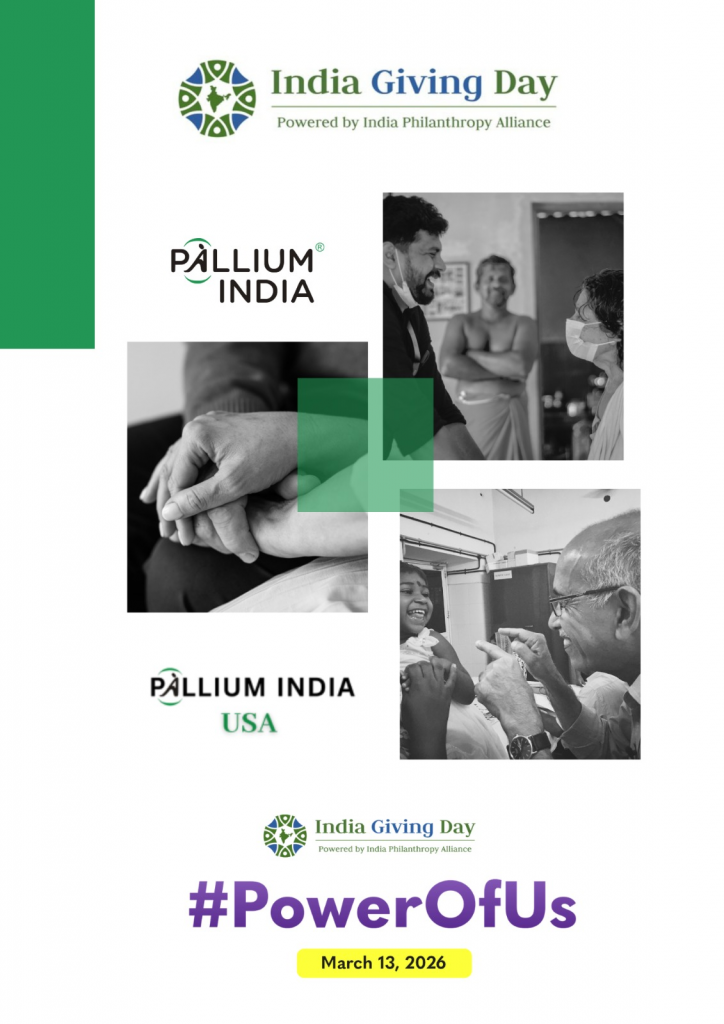Foundation Course at NEIGRIHMS, Shillong

Rontu Sangma, Regional Co-ordinator-North East India, writes:
I am writing from Guwahati, Assam where we just concluded the “Foundation Course Training on Palliative Care” at North Eastern Indira Gandhi Regional Institute of Health and Medical Sciences (NEIGRIHMS) at Shillong, a beautiful small town with pleasant weather. The training was organised by the State NPPC (National Programme for Palliative Care), Meghalaya in collaboration with the Palliative Care Unit (NEIGRIHMS) and Pallium India from 9-13 March 2020. The dignitaries present were Shri. S. Kumar (IAS), Commissioner & Secretary, Health and Family Welfare and Dr. (Mrs.) M.Marbaniang, State Nodal Officer, NPPC, Meghalaya and Dr.DM Thappa, Director-NEIGRIHMS, Shillong.
Dr P Bhattacharyya, Registrar and HoD, Department of Anaesthesiology & Palliative Care Incharge, NEIGRIHMS, gave the introductory remark. Pallium India was represented at the training by Dr Charu Singh, a palliative care expert and Mr. Rontu Sangma, regional coordinator in the north east.
The training was attended by 46 participants who came from different parts of the state. Trainee cohort comprised doctors, nurses and health officers. Most of the participants reported that the foundation course was their formal introduction to palliative care. Dr Prithwis and Dr Charu ensured that the participants were sensitised to the basics before delving deep into details. The expert faculty had designed the curriculum carefully to address the training needs of participants who were from varying educational background. Training sessions ranged from understanding and evaluating suffering to communication and clinical and psycho-social management.
Palliative care transcends the conventional symptom management approach in medicine to holistically address the suffering of the patient and family. This requires the health worker to spend quality time with them. Communication, compassion and touch are equally important as pharmacological management. Keeping this in mind, the training was designed to be interactive and participatory. Case studies presented were well received with full participation. Movies like ‘The Wit’ and ‘50:50’ that showcased the need for palliative care and the society’s response kept the participants glued to their seat. Emphasis was given on leadership training as palliative care is often a team work between medical professionals, community and family members.
Thinking back, I marvel at the vision and commitment of organizers and faculty. Training involving government employees is often confronted with time constraint as the in service staff cannot be kept away from their duty for long. However, the training was designed and meticulously delivered such that the trainees could practice what they learnt in their daily work and continue to be mentored. I could also see how the concept of reflective thinking emboldened the participants to open up and share their personal experiences. All the participants expressed their commitment to do their bit to alleviate health related suffering from the society.
It makes me immensely happy that the participants have requested for another training. This has been one of the best training sessions I have attended so far. I am optimistic that this initiative under the leadership of Dr. Prithwis and Dr Charu supported by the state, NEIGRIHMS and Pallium India will bring about a sea change in the access and delivery of palliative care in Meghalaya and north east in the coming days.






